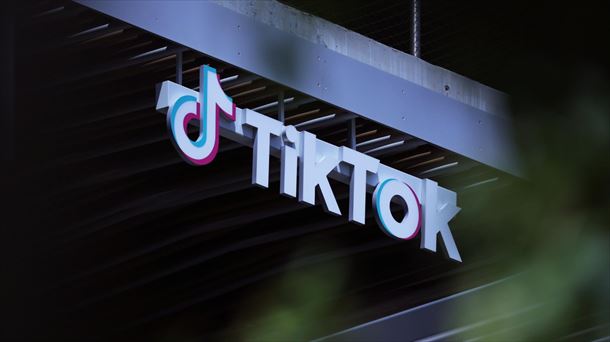The law aims to promote excellence and technological innovation, ensuring the protection of human rights. The EU is expected to definitively approve the standard in the coming weeks, although it will not be until 2026 when it comes into force.
He European Parliament has ratified the first artificial intelligence law in the European Union (EU) and in the world, whose main mission is “to limit the dangers of this technology without harming innovation.” This is an important step for its final approval in the European Union. The norm was agreed last December by the community institutions.
“I welcome the overwhelming support of the European Parliament for our artificial intelligence law, the world’s first global and binding standard for reliable artificial intelligence,” said the European Commissioner for the Internal Market after the vote, Thierry Breton.
With 523 votes in favor, 46 against and 49 abstentions, the European Parliament has thus endorsed the agreement that was closed at the end of last year by a group of representatives of the three community institutions and which still required the approval of the plenary session of the European Parliament. The EU is expected to definitively approve it in the coming weeks, although it will not be until 2026 when it comes into force.
The regulations allow or prohibit the use of artificial intelligence depending on the risk it poses to citizens and, with it, the EU aims to set an example for the rest of the world and boost European industry against the United States and China.
In general terms, the artificial intelligence law prohibits mass surveillance in public spaces, but allows law enforcement agencies to use biometric identification cameras, with prior judicial authorization, to prevent an imminent terrorist threat. Also to locate or identify a person who has committed crimes of terrorism, human trafficking, sexual exploitation or, for example, an environmental crime, as well as to search for the victims of these crimes.
Furthermore, the regulation establishes a series of obligations for the generative artificial intelligence systems on which programs such as ChatGPT, from the company OpenAI, or Bard, from Google, are based. Specifically, they will have to specify whether a text, a song or a photograph has been generated through artificial intelligence and guarantee that the data used to train the systems respects copyright.
In addition, a whole series of high-risk artificial intelligence systems are identified that can only be marketed if their developers guarantee that they respect fundamental rights.













+ There are no comments
Add yours